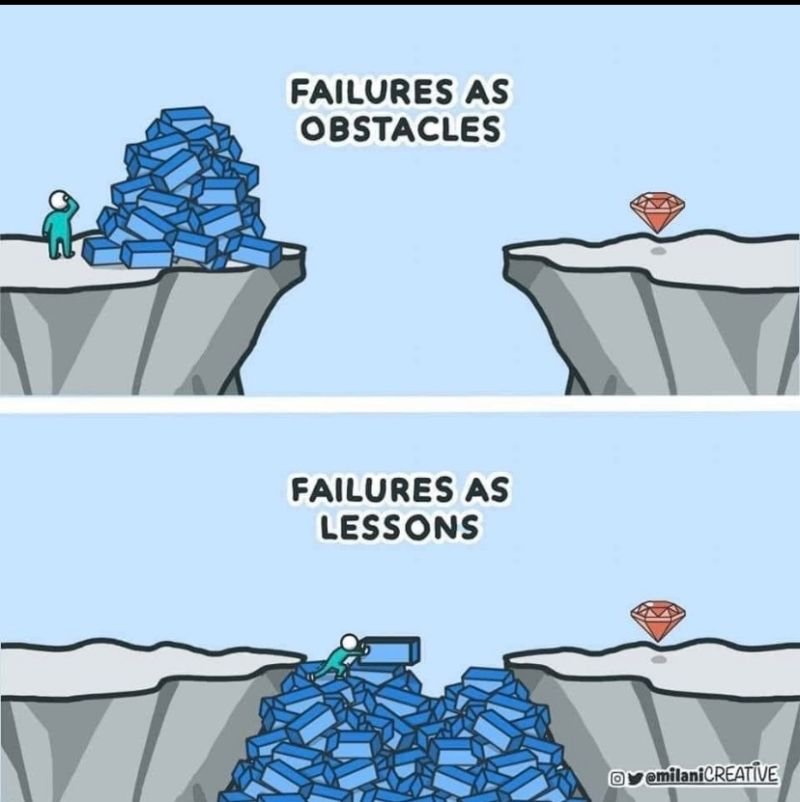Imposter Syndrome at Work: How Christians Can Find True Confidence: From the Top Down
- Layne McDonald
- Oct 25
- 5 min read
Let's talk about the elephant in the boardroom: that gnawing feeling that you're about to be found out. You know what I'm talking about. That voice that whispers, "They're going to discover I have no idea what I'm doing," even when your track record says otherwise.
Imposter syndrome isn't just about feeling unqualified for your job. It's about bringing your pain, insecurities, and fear of being exposed into every meeting, every decision, and every interaction. And here's the kicker: it's not just a "you" problem. It ripples through entire organizations, creating a culture of self-preservation that chokes out trust, authentic communication, and genuine growth.
The Real Heart of the Issue: Self-Preservation Mode
When we're operating from a place of fear: fear of losing our job, our status, our reputation: we make decisions that protect ourselves first and serve others second. This isn't malicious; it's human nature. But it's also toxic to workplace culture.
Think about it. When a CEO is more concerned about looking incompetent than making the right call, they create policies that cover their backside rather than empower their team. When a middle manager feels like they're faking it until they make it, they micromanage instead of delegate, hoard information instead of share it, and throw others under the bus when things go sideways.

This self-preservation mentality becomes a vicious cycle. The person at the top operates from fear, which creates an environment where everyone below them also operates from fear. Bad communication flows down because nobody wants to be the bearer of bad news. Trust erodes because people are more focused on protecting themselves than protecting the mission or their teammates.
The Communication Breakdown
Here's where it gets really messy. When imposter syndrome is driving the bus, communication becomes about managing perception rather than sharing truth. You start crafting emails that deflect blame. You speak in corporate jargon that sounds impressive but says nothing. You nod along in meetings even when you disagree, because speaking up might expose that you don't belong.
And the crazy part? Everyone's doing it. The person you think has it all figured out is probably just as terrified as you are. They're just better at hiding it.
This creates what I call "performance communication": where everyone's performing the role of someone who knows what they're doing, but nobody's actually communicating anything meaningful. Projects fail because nobody wanted to admit they were confused. Deadlines get missed because nobody wanted to say they were overwhelmed. Innovation dies because nobody wanted to risk looking stupid with a "bad" idea.

The Top-Down, Bottom-Up Reality
Here's the truth that rattles cages: imposter syndrome and the culture it creates doesn't just flow from the top down. It flows from the bottom up too. When entry-level employees are afraid to speak up, when mid-level managers are covering their tracks, when senior leaders are making fear-based decisions: it all feeds into itself.
The person at the bottom thinks, "I can't challenge this because I'm just an intern." The person at the top thinks, "I can't admit I don't know this because I'm the CEO." And everyone in between is playing the same game, assuming everyone else has it figured out while they're the only one struggling.
But here's what I've learned after years of coaching leaders at every level: we're all winging it to some degree. The difference between thriving and surviving isn't about having all the answers: it's about being honest about what you don't know and trusting that you're exactly where you're supposed to be.
Finding True Confidence in Christ
As Christians, we have access to something the world doesn't understand: identity that isn't tied to performance. Your worth isn't determined by your job title, your salary, or whether you have all the answers in the Monday morning meeting. It's determined by the fact that the God of the universe chose to call you His child.

When Jesus called the disciples, He didn't pick the most qualified candidates. He picked fishermen, tax collectors, and regular guys who would later turn the world upside down. Not because they were the smartest or most experienced, but because they were willing to follow and trust that God would equip them as they went.
The same is true for you. God hasn't called you to be perfect; He's called you to be faithful. When you show up at work tomorrow, you're not showing up as someone who has to prove their worth: you're showing up as someone whose worth has already been established by the cross.
This doesn't mean you shouldn't work hard or develop your skills. It means you can work from a place of confidence instead of fear, knowing that your identity is secure regardless of the outcome.
Practical Steps to Break the Cycle
Start with brutal honesty. Stop pretending you have it all figured out. When you don't know something, say so. When you make a mistake, own it. When you need help, ask for it. This isn't weakness; it's leadership.
Assume good intentions. Instead of assuming everyone's out to expose you as a fraud, assume they want you to succeed. Most people are too busy dealing with their own insecurities to spend time plotting your downfall.
Focus on serving others. When you shift your focus from protecting yourself to serving others, everything changes. Ask yourself: "How can I help my team succeed?" instead of "How can I avoid looking bad?"
Practice real communication. Say what you mean. Ask clarifying questions. Share your concerns before they become crises. Be the person who brings solutions, not just problems, but don't be afraid to bring problems when solutions aren't clear.

Trust the process. God doesn't typically give us the full picture upfront. He gives us the next step. Trust that as you take faithful steps forward, He'll continue to guide and equip you.
Breaking Free From the Performance Trap
The beautiful thing about operating from true confidence: confidence rooted in Christ: is that it's contagious. When you stop performing and start being authentic, it gives others permission to do the same. When you admit you don't know something and ask for help, it creates a culture where learning is valued over pretending.
When you trust others and assume good intentions, you create an environment where people can take risks, make mistakes, and grow. When you communicate honestly, even when it's uncomfortable, you model what real leadership looks like.
This isn't about lowering standards or accepting mediocrity. It's about creating a culture where people can do their best work because they're not spending all their energy trying to prove they belong.
Your Next Step Forward
If you've been carrying the weight of feeling like you don't belong, like you're one mistake away from being found out, or like you have to have all the answers to be worthy of your position: it's time to lay that burden down.
You don't have to figure this out alone. Sometimes we need someone to walk alongside us, to help us see our blind spots, and to remind us of who we really are when imposter syndrome starts whispering lies.
That's exactly why I offer personal coaching and mentoring. Whether you need a 30-minute phone call to talk through a specific challenge, prefer texting back and forth to process your thoughts, or want to bring your whole team together for a workshop: I'm here to help you break free from the performance trap and step into the confidence Christ has already given you.
Don't let another day go by operating from fear instead of faith. Visit LayeneMcDonald.com to schedule your free consultation. Let's talk about what it looks like to lead: and live: from a place of true confidence. Because the world needs leaders who know who they are, not performers who are afraid of being found out.
Your team is waiting for the real you to show up. And honestly? The real you is exactly what they need.

$50
Product Title
Product Details goes here with the simple product description and more information can be seen by clicking the see more button. Product Details goes here with the simple product description and more information can be seen by clicking the see more button

$50
Product Title
Product Details goes here with the simple product description and more information can be seen by clicking the see more button. Product Details goes here with the simple product description and more information can be seen by clicking the see more button.

$50
Product Title
Product Details goes here with the simple product description and more information can be seen by clicking the see more button. Product Details goes here with the simple product description and more information can be seen by clicking the see more button.




Comments